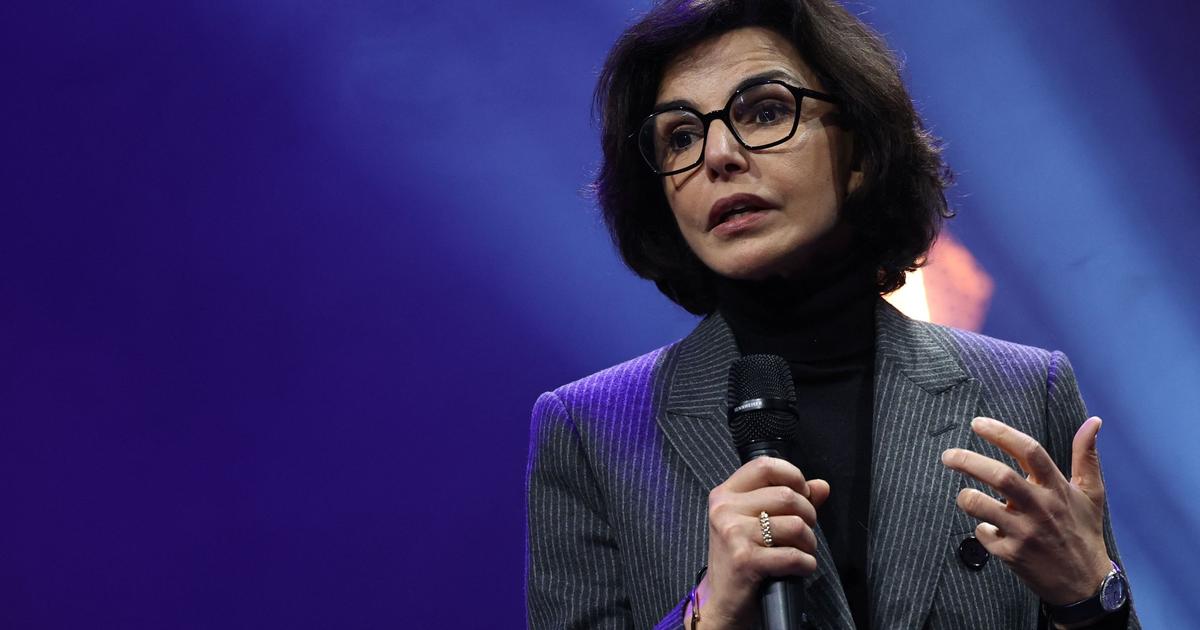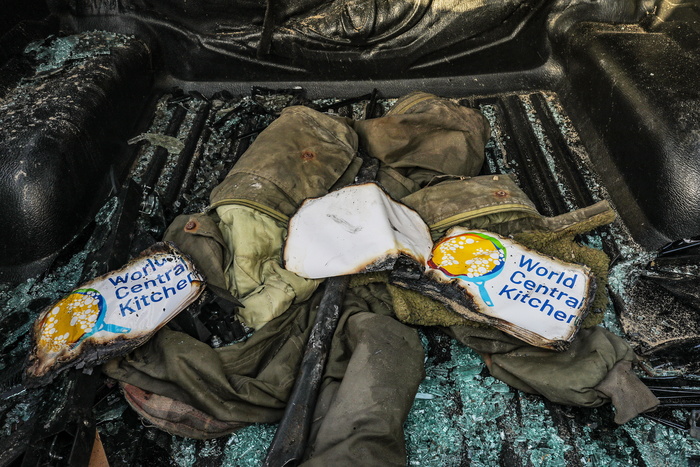South America was moved by three recent political episodes.
In Chile, when the proposal for a new constitution was rejected.
In Peru, for the impeachment and detention of President Pedro Castillo.
And finally in Brazil, at the time that Jair Bolsonaro's people, as we know, stormed the government headquarters to procure a coup d'état.
A preliminary reading of these events makes it possible to underline several common features: all three occurred at the end of the hardships caused by the pandemic, they had the active participation of extreme right-wingers and conservatives, and they were resolved through institutional channels within a framework of partisan atomization.
In addition, the surveys and the demonstrations that were carried out confirmed that the distrust towards politics and traditional groups continues in force despite the economic recovery of the last two years.
However, if one looks at the circumstances of each country and the strategies used by their leaders to resolve these crises, certain significant aspects for Argentina and the rest of the region can be highlighted.
For example, President Gabriel Boric, who a year ago had aroused great interest in his youth and government program, stood out in these months for his determination to overcome the generational struggles that marked the last decade in Chile.
Likewise, he had degrees of pragmatism to build alliances that strengthened the parliamentary minority of his coalition, Apruebo Dignidad.
“We realized that another thing is with the guitar,” Boric recently admitted in mild self-criticism.
In this direction, the much less ambitious pension reform project stands out from the one that was demanded for years in the trans-Andean streets: it does not eliminate the questioned individual capitalization system, although it introduces a mixed system with a mandatory contribution paid by employers.
And, above all, the negotiations that he undertook after 62% of the register voted against, perhaps as punishment, a new constitutional text that was debated amid prejudices, ideologies and scandals that could not be foreseen in 2019, when a social outbreak shook the foundations of the post-dictatorship transition and triggered the call for a constituent assembly.
Boric agreed with most of the political forces, except with the People's party and the extreme right-wing Republican, the start of a new process that will end with a plebiscite in December of this year.
With this "Agreement for Chile", which plans to bring together 24 experts and 50 elected councillors, his government will try to replace the Pinochetist Constitution to establish other tax, environmental and public health rules that will allow it to reduce inequality in the three years that remain. in front.
In Peru, by contrast, President Castillo, who had been in office for a year and a half, was ousted last December by a right-wing Congress after his impromptu attempt to dissolve it.
It should be remembered that Castillo and Congress had low citizen approval at that time, with congressmen even lower than the president himself.
At first, the disputes included the head of the executive branch, who wasted expectations due to management and leadership problems, and the authorities of the legislative branch, willing to hinder the former's tasks.
A story known by the five presidents who paraded in the last five years.
Later, when Vice President Dina Boluarte took office, the conflict took on other characteristics.
Popular protests spread to demand that the political leadership, which they consider to be an elite at the service of the establishment, bring forward the general elections scheduled for 2026.
In this context, which combines the absence of mediators with consensus formulas, strong repression and a large part of the Peruvian population in poverty or with informal jobs, it is reasonable to assume that political and social polarization will persist.
And that the difficulties, instead of being solved, will be transformed into others of equal or greater magnitude.
Brazil is also deeply polarized.
And the brand new President Lula, after the violent incidents in January, will have to confront the parliamentary benches and the important governorships that respond to the conservative opposition.
Like São Paulo, Minas Gerais and Rio de Janeiro.
Even with the evangelical churches, the representatives of agriculture and sectors of the urban middle class of the southern and central-western states that supported Bolsonaro's re-election.
However, Lula, who was elected in the second round like Boric and Castillo, used his experience in these weeks to maintain stability, add international allies, lead the broad coalition that reinstated him in power and negotiate with parliament.
In fact, he quickly got resources approved to rebuild the deteriorated Brazilian social fabric.
Perhaps the key for some South American governments will consist in prioritizing, in common with other forces, the defense of democratic institutions?
Will it be necessary, therefore, to moderate changes and reforms for the sake of governability and the support of economic power?
And if so, will this path lead to more equitable and modern societies?
These questions and others like them are on the neighborhood's future agenda.
And, perhaps, in Argentina too.
Eduardo Sguiglia is an economist and writer. Former Undersecretary for Latin American Affairs.















